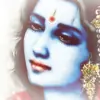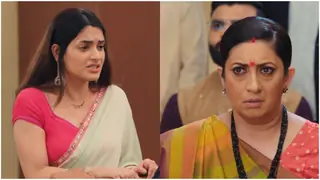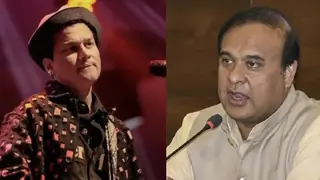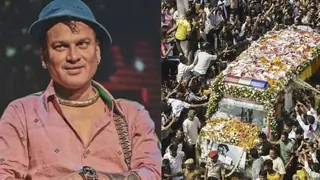Hi All,
Was caste system really according to the Vedas during Dwapara Yuga? Meaning that the learned were Brahmins, the protectors were Kshatriyas etc.?
If it was not so and the caste system had already become rigid, then wasn't Yudhisthir's justice as shown in today's episode faulty?
He said Shudra is Agyaani, Vaishya has a little Gyan and so on.
Can we actually say that the Shudra guy and Vaishya were less culpable in the murder than the Kshatriya and the Brahmin?
Or is it because the laws were different back then? My sister said that universal law was not prevalent at that time.
Of course, it could all be the brainchild of BRC, but I was just wondering about the justice shown today.. I was not convinced.






























